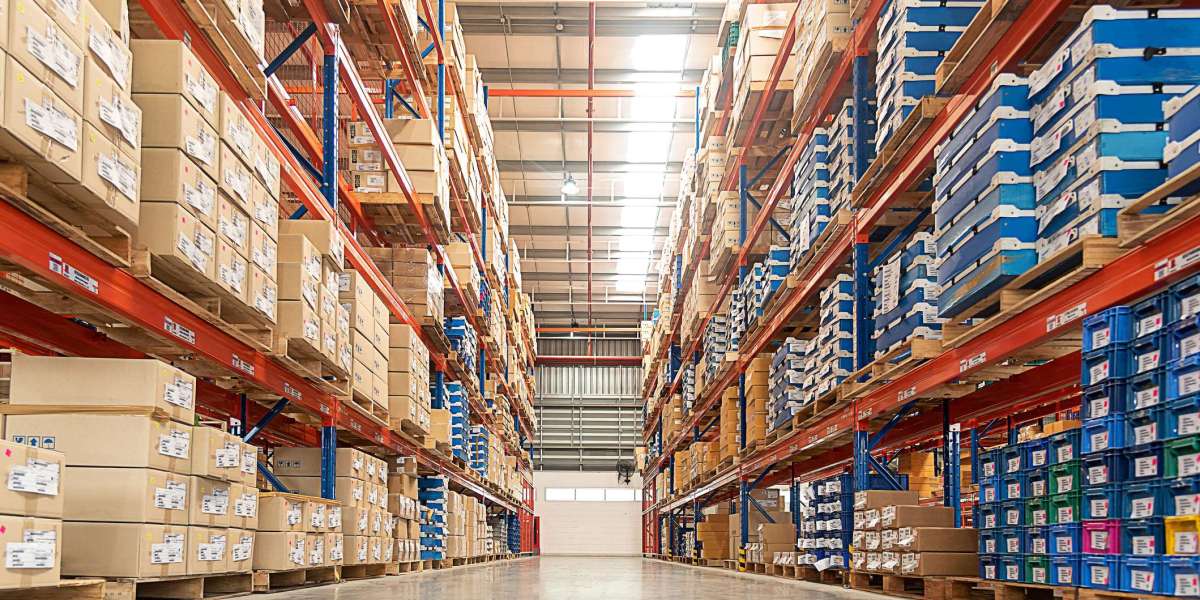Fourth-Party Logistics (4PL ) is a supply chain management model where a company outsources the entire logistics process to a single service provider that oversees and integrates multiple 3PL providers. This article explores the 4PL concept, its benefits, challenges, and how it differs from 3PL in optimizing logistics operations.
What is Fourth-Party Logistics (4PL)?
Fourth-Party Logistics (4PL) refers to a logistics model where a business partners with a single provider that manages all aspects of its supply chain, including transportation, warehousing, inventory management, technology integration, and strategic planning. Unlike 3PL providers, which focus on execution (warehousing and transportation), 4PL providers act as logistics consultants, overseeing multiple 3PLs and ensuring supply chain optimization.
Key Functions of 4PL Providers
A 4PL company serves as a supply chain orchestrator, handling:
- End-to-end supply chain management
- Selection and management of multiple 3PL providers
- Data analytics and real-time visibility into logistics operations
- Technology integration (ERP, WMS, and TMS systems)
- Risk management and cost optimization strategies
Difference Between 3PL and 4PL
| Feature | 3PL (Third-Party Logistics) | 4PL (Fourth-Party Logistics) |
|---|---|---|
| Focus | Execution (warehousing, transport, fulfillment) | Strategic supply chain management |
| Service | Physical logistics services (shipping, storage, packaging) | End-to-end supply chain consulting & management |
| Control | Business still manages parts of the supply chain | 4PL oversees and manages 3PL providers |
| Technology | Uses WMS (Warehouse Management System) and TMS (Transport Management System) | Integrates multiple platforms for full supply chain visibility |
| Customer Relationship | Direct partnership with businesses | Acts as an intermediary between businesses and 3PL providers |
| Best For | Companies that need logistics execution services | Companies looking for complete supply chain optimization |
Advantages of 4PL Logistics
1. End-to-End Supply Chain Visibility
4PL providers integrate various logistics services and technologies, offering real-time tracking and analytics to optimize supply chain operations.
2. Cost Optimization
By managing multiple 3PL providers, 4PL companies negotiate better contracts, optimize transportation routes, and reduce unnecessary logistics costs.
3. Simplified Logistics Operations
Businesses can rely on a single 4PL partner to manage all logistics providers instead of dealing with multiple 3PL vendors separately.
4. Scalability & Flexibility
A 4PL model allows companies to quickly scale operations, adapt to changing market demands, and optimize logistics processes without infrastructure investments.
5. Risk Management & Compliance
4PL firms handle regulatory compliance, supplier management, and risk assessment, reducing disruptions in global supply chains.
Challenges of 4PL Logistics
1. Higher Costs for Small Businesses
Since 4PL providers manage the entire supply chain, their services can be expensive, making them more suitable for large enterprises.
2. Loss of Control Over Logistics
Businesses must rely on 4PL companies for decision-making, which may reduce direct control over logistics processes.
3. Dependency on a Single Provider
If a 4PL provider experiences operational failures or inefficiencies, the entire supply chain can be disrupted.
4. Complex Integration with Existing Systems
Implementing 4PL solutions may require significant changes in technology infrastructure and operational workflows.
Industries That Benefit from 4PL Logistics
- E-commerce & Retail: Streamlined fulfillment and delivery management.
- Manufacturing: Just-in-time inventory management and supplier coordination.
- Pharmaceuticals: Cold chain logistics and compliance handling.
- Automotive: Complex supply chain management with multiple suppliers.
Future Trends in 4PL Logistics
1. AI & Predictive Analytics
Advanced AI algorithms will improve demand forecasting, route optimization, and inventory management.
2. Blockchain for Transparency
Blockchain technology is enhancing supply chain security and real-time tracking of shipments.
3. Sustainable Logistics Solutions
4PL providers are focusing on eco-friendly logistics, including electric vehicles and carbon-neutral supply chains.
4. IoT & Smart Warehousing
The use of IoT sensors and automation in warehouses is enhancing efficiency and reducing logistics costs.
5. Digital Supply Chain Platforms
More businesses are adopting cloud-based 4PL solutions to integrate multiple 3PL partners into a single platform for better decision-making.
Conclusion
Fourth-Party Logistics (4PL) is transforming supply chain management by offering businesses a fully integrated logistics solution. By handling multiple 3PL providers, optimizing operations, and leveraging advanced technologies, 4PL companies help businesses reduce costs, increase efficiency, and stay competitive in an evolving global market. As AI, blockchain, and automation continue to shape the industry, 4PL logistics will play an even greater role in future supply chain strategies.







